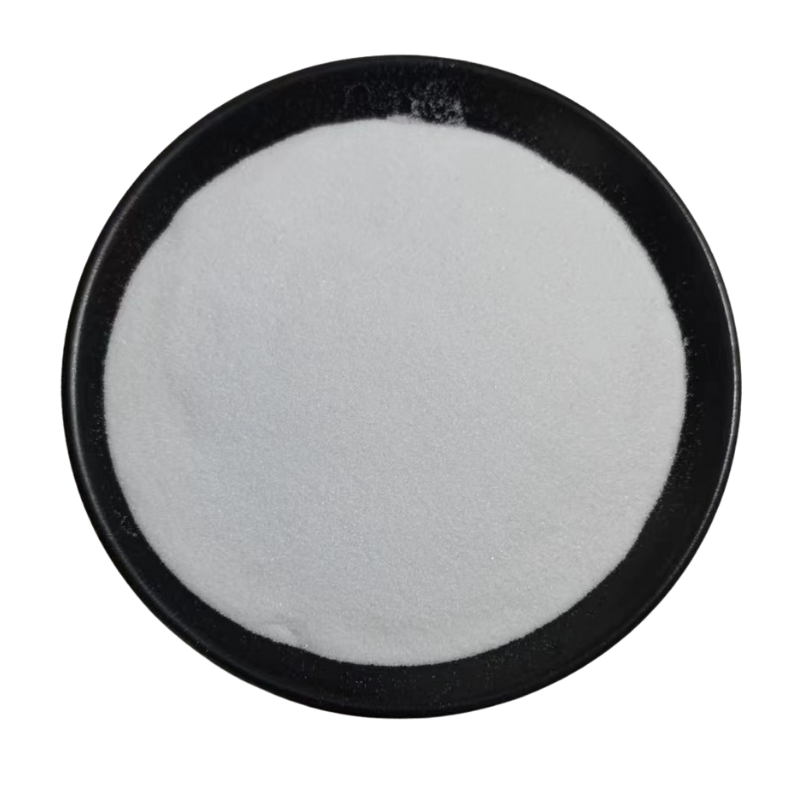
Mica Supplier Insights for Quality and Sustainable Sourcing Solutions
Mica Suppliers An Overview of the Industry
Mica, a group of silicate minerals, has garnered significant attention for its unique properties, such as high thermal and electrical resistance, elasticity, and transparency. These characteristics make mica an essential raw material in various industries, including cosmetics, electronics, construction, and automotive. As demand for mica continues to grow, the role of mica suppliers becomes increasingly important in ensuring a sustainable and ethical supply chain.
The Global Mica Market
The mica market has experienced fluctuating trends over the years, influenced by factors such as industrial growth, regulatory changes, and consumer preferences. According to industry reports, the global mica market is expected to grow steadily, driven by the rising demand for cosmetics and electronic goods. In cosmetics, mica is widely used as a pigment and filler, adding shimmer and luster to products like eyeshadows, blushes, and nail polishes. The electronics industry utilizes mica in applications such as electrical insulators and components, which require high strength and heat resistance.
Key Characteristics of Mica Suppliers
Mica suppliers play a vital role in the supply chain by sourcing, processing, and distributing mica products. Various factors distinguish reputable mica suppliers from others, including
1. Ethical Sourcing One of the most pressing issues in the mica industry is child labor and unsafe working conditions, particularly in countries like India where much mica is mined. Reputable suppliers ensure that their mica is sourced responsibly, adhering to ethical practices and contributing positively to local communities. Many suppliers work closely with NGOs and local governments to promote safe mining practices and provide support to families in mica mining regions.
2. Quality Control The quality of mica can vary significantly, impacting its performance in end products. Reliable suppliers implement strict quality control measures to ensure their mica meets industry specifications. This involves regular inspections and testing to provide customers with high-quality materials that perform as expected.
mica supplier

3. Transparency Transparency in the supply chain is essential for building trust with customers and partners. Leading mica suppliers often provide documentation of their sourcing practices, including certificates of origin and audits of their production facilities. This transparency helps mitigate risks associated with unethical practices and ensures customers can confidently use their products.
4. Diverse Product Range Mica suppliers offer various grades and forms of mica, catering to different industry needs. This diversity allows customers to select the type of mica that best fits their specific application, whether it's natural or synthetic mica, ground or sheet mica, or mica powder.
5. Sustainability Practices In today’s environmentally conscious world, sustainability is a key factor in choosing a mica supplier. Firms that prioritize sustainable mining and processing methods contribute to the preservation of natural resources and minimize their environmental impact. Suppliers focusing on sustainability often invest in technologies and strategies that reduce waste and energy consumption.
Challenges Faced by Mica Suppliers
Despite the growth opportunities, mica suppliers face several challenges. The problem of informal mining operations in certain regions can complicate supply chains and ethics. Additionally, fluctuations in mica prices often create uncertainty for suppliers and their customers. The ongoing need for regulatory compliance and adherence to international standards further adds to the complexities involved in mica sourcing.
The Future of Mica Supply
As industries continue to innovate and expand, the future of mica suppliers hinges on their ability to adapt to changing market dynamics and consumer demands. With the increasing importance of sustainability, suppliers who prioritize ethical sourcing and quality control will likely thrive in the evolving landscape. Embracing technology and sustainable practices will not only enhance operational efficiency but also improve their position in the marketplace.
In conclusion, mica suppliers are crucial players in a diverse range of industries. By focusing on ethical sourcing, quality control, transparency, and sustainability, these suppliers can overcome challenges and contribute positively to the mica supply chain. As the industry evolves, reputable mica suppliers will be key to meeting the growing demand for this versatile mineral while fostering a responsible and ethical approach to its use.
Share
-
Premium Talcum Powder Enhanced with GPT-4 Turbo | Soft & Long-LastingNewsAug.02,2025
-
Fly Ash Solutions Enhanced by GPT-4 Turbo | Sustainable InnovationNewsAug.01,2025
-
Natural Premium Bentonite Cat Litter - Superior ClumpingNewsJul.31,2025
-
Premium Resin Coated Sand - High Heat Resistance CastingNewsJul.31,2025
-
High Quality Silicon Carbide Grit for Abrasive ApplicationsNewsJul.30,2025
-
High-Quality Ceramsite for Plants & Gardening | Lightweight PebblesNewsJul.29,2025






